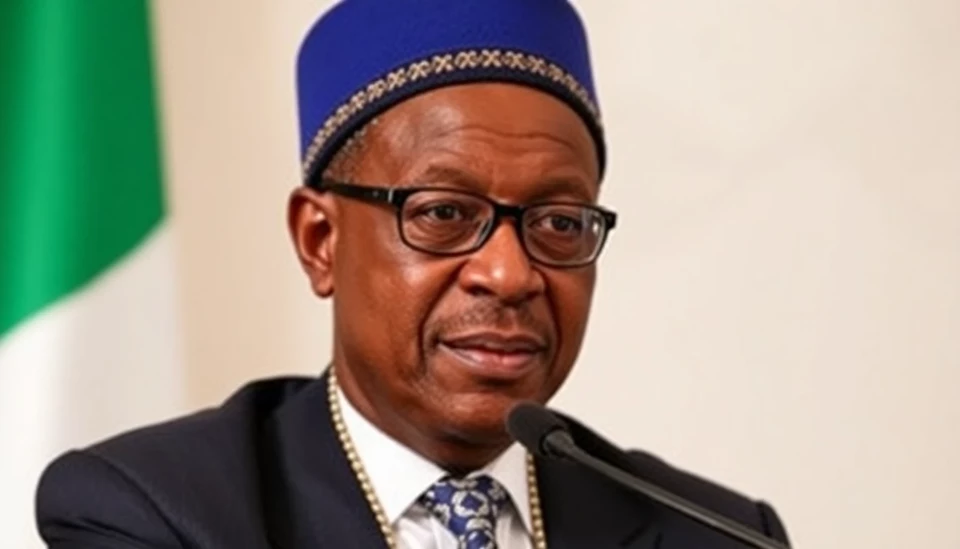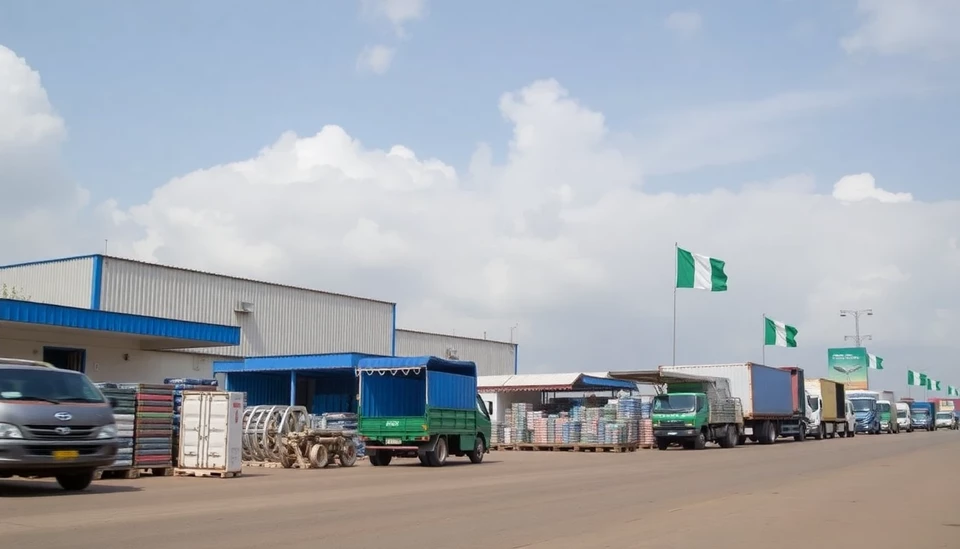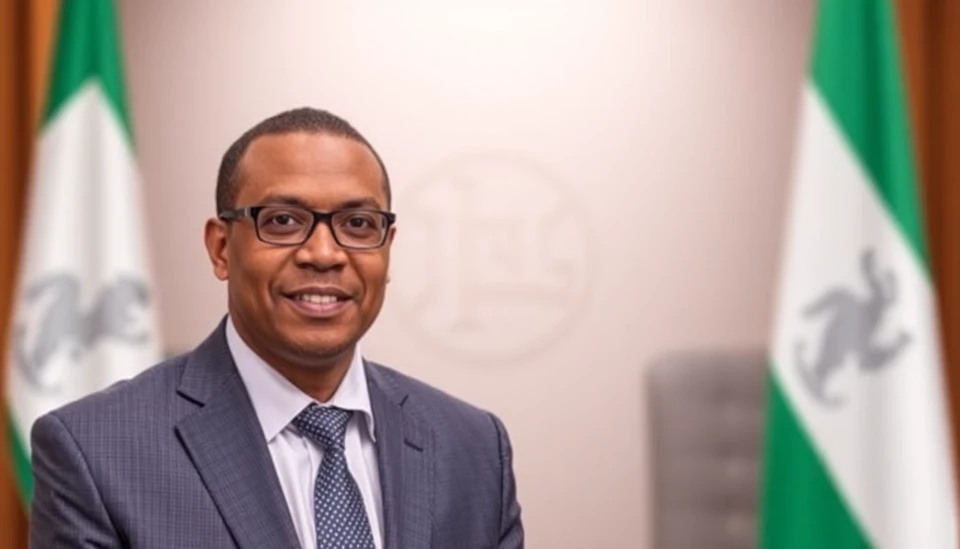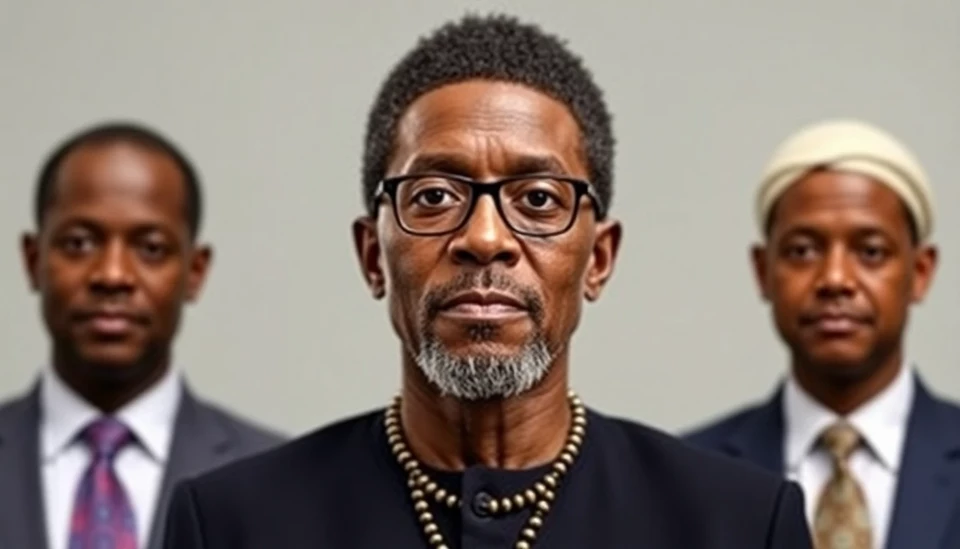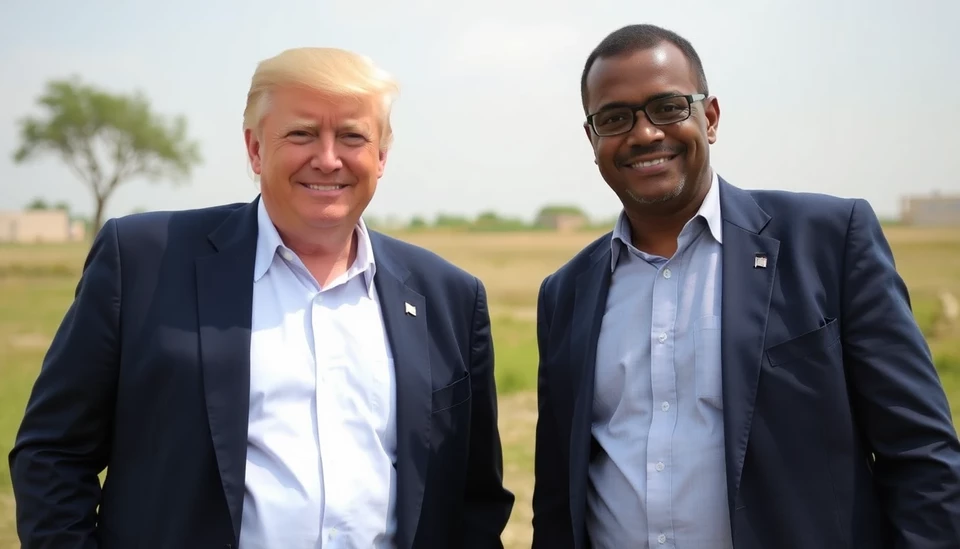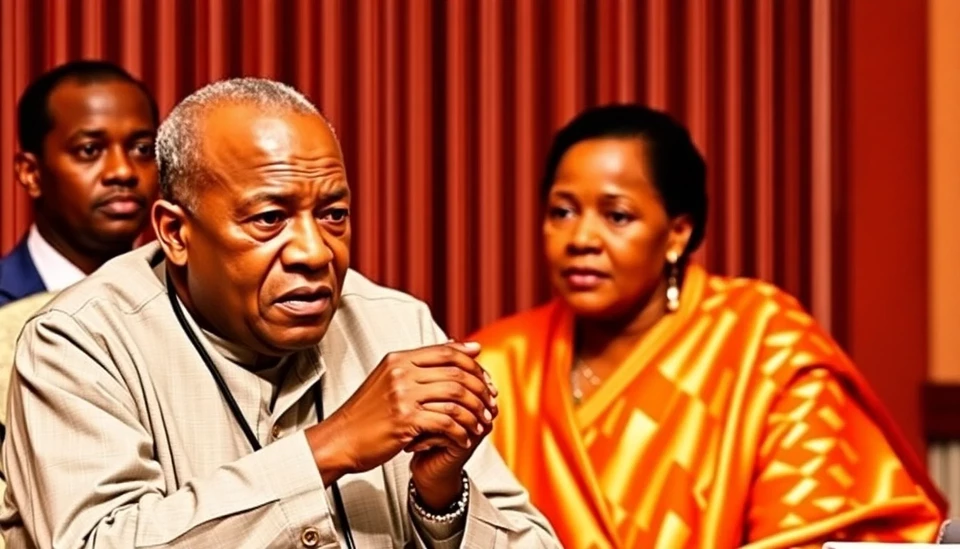
The Nigerian government is intensifying its efforts to stabilize the nation's economy as it grapples with surging inflation and challenging market conditions. President Bola Tinubu's administration has brought in new leadership, with the appointment of Wale Edun as the Finance Minister and Olayemi Cardoso as the Central Bank Governor, both poised to implement pivotal reforms aimed at curbing rising consumer prices.
Cardoso, in a recent statement, acknowledged the urgent need to tackle inflation, which has been a significant concern for Nigerians. He emphasized that the Central Bank of Nigeria (CBN) is eager to partner with the World Bank to initiate critical reforms. These changes are designed to improve monetary policy amidst a backdrop of heightened inflationary pressure, which has reached a staggering 25.8% in September, the highest level recorded in nearly two decades.
In a bid to cool down prices, Cardoso plans to reassess the CBN's policies and operations, suggesting a more proactive approach to manage inflation dynamics. His commitment indicates a shift towards focusing on market-driven solutions and enhancing the CBN's role in fostering economic stability.
The World Bank has shown strong support for Nigeria’s reform agenda, signaling a willingness to assist the government in navigating the economic challenges ahead. By backing these proposed changes, the World Bank aligns itself with CBN's aspirations to stabilize prices and promote sustainable economic growth.
Among the reforms anticipated is a move to increase transparency and bolster the financial system's resilience, reflecting Cardoso’s vision for a more robust central banking framework. Ensuring the CBN operates effectively in managing the nation’s currency and interest rates will be crucial in reversing inflationary trends that have eroded purchasing power and impacted the livelihood of millions across Nigeria.
As the economic landscape evolves, the combined efforts of the CBN, the Ministry of Finance, and international financial institutions like the World Bank could pave the way for a transformative period in Nigeria's economic history. With the right measures in place, there is hope for a rebalanced economy that delivers greater stability and prosperity for its citizens.
In conclusion, the path toward cooling inflation in Nigeria is fraught with challenges, but the commitment of new leadership and international support provides a hopeful outlook. As the reforms unfold, all eyes will be on Cardoso and his team to deliver timely results that will positively impact the Nigerian economy.
#Nigeria #Cardoso #Inflation #CentralBank #WorldBank #EconomicReform #FinanceMinister #BolaTinubu
Author: Rachel Greene
